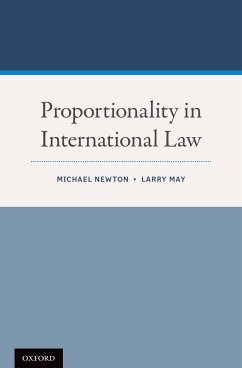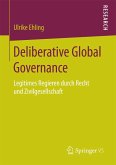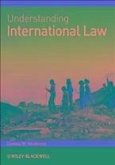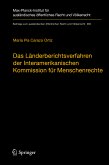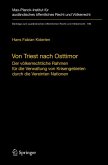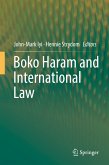Proportionality is intimately linked to the overarching concepts of self-defense, lawful force, and the controlled application of violence. It is one of the most visible facets of humanitarian law designed to reduce unnecessary human suffering and avoid excessive damage to property, and the natural environment. However, its application has come under renewed scrutiny and sustained controversy as a result of wars against non-state actors and from the extensive use of drones, human shields, cyber war techniques, and counterinsurgency tactics.
Proportionality in International Law critically assesses the law of proportionality in normative terms combining abstract philosophical and legal analysis with highly emotive contemporary combat cases. The principle of proportionality permits actions that are logically linked to the intended goal, and thus defines the permissible boundaries for the initiation and conduct of modern wars. The case studies discussed in this book are predominantly from the perspective of those who make decisions in the midst of armed conflict, bringing analytic rigor to the debates as well as sensitivity to facts on the ground. The authors analyze modern usages of proportionality across a wide range of contexts enabling a more complete comprehension of the values that it preserves. This book contrasts the applications of proportionality in both
jus ad bellum (the law and morality of resort to force) and within
jus in bello (the doctrines applicable for using force in the midst of conflicts).
Proportionality in International Law provides the reader with a unique interdisciplinary approach, offering practitioners and policymakers alike greater clarity over how proportionality should be understood in theory and in practice.
Dieser Download kann aus rechtlichen Gründen nur mit Rechnungsadresse in A, B, BG, CY, CZ, D, DK, EW, E, FIN, F, GR, HR, H, IRL, I, LT, L, LR, M, NL, PL, P, R, S, SLO, SK ausgeliefert werden.

